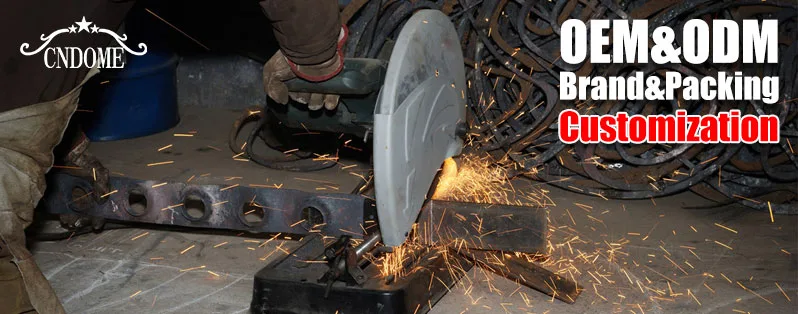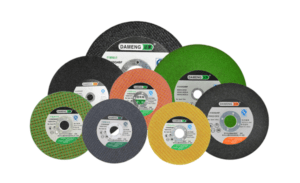Training is essential for anyone who intends to use abrasive wheel safely and effectively. Operating abrasive wheels without proper training can be hazardous and may lead to accidents or injuries. Here are some reasons why training is necessary:
1. Understanding Equipment and Hazards:
Training provides operators with a comprehensive understanding of abrasive wheel equipment, including the various types of wheels, their applications, and the associated hazards. This knowledge helps individuals make informed decisions while using the equipment.
2. Safety Precautions:
Proper training covers safety precautions and guidelines specific to abrasive wheel use. This includes information on personal protective equipment (PPE), safe operating speeds, guarding requirements, and emergency procedures.
3. Hazard Identification:
Training helps individuals recognize potential hazards and risks associated with abrasive wheel operations. This includes understanding how to inspect wheels for damage, identify unsafe work conditions, and mitigate risks.
4. Proper Mounting and Balancing:
Mounting abrasive wheels correctly and balancing them is critical for safe operation. Training teaches individuals how to mount wheels securely and balance them to prevent vibrations and accidents.
5. Material Selection:
Proper training guides individuals in selecting the appropriate abrasive wheel for the material being worked on and the specific task. Using the wrong wheel can result in accidents or poor results.
6. Safe Work Practices:
Training emphasizes safe work practices, such as maintaining a safe distance from the wheel, using guards, securing workpieces, and avoiding distractions while operating abrasive wheel equipment.
7. Emergency Response:
Individuals learn how to respond to emergencies and stop the equipment quickly in case of an accident or equipment malfunction.
8. Legal Compliance:
In many regions, there are legal requirements and regulations that mandate training for those using abrasive wheels. Compliance with these regulations is essential to avoid legal consequences.
9. Competence Assessment:
Training often includes practical assessments to ensure that individuals are competent in using abrasive wheels safely. This assessment helps confirm that operators can apply their knowledge effectively.
10. Continuous Improvement:
Training should be ongoing and provide opportunities for individuals to update their skills and knowledge. Abrasive wheel technology and safety standards evolve, and operators should stay up-to-date with these changes.
In summary, training is crucial for individuals who use abrasive wheels to work safely and efficiently. Whether it’s for professional use in industries like manufacturing and construction or for DIY projects, training ensures that operators are aware of the risks, know how to use the equipment correctly, and can take appropriate safety measures to protect themselves and others.
Online Message
Minimum Order Quantity: 5,000 Pcs, 10 Pcs Free Samples.
Contact Us For More Information!
Tel/WhatsApp
+86 18796960868
DomeGrinding@hotmail.com
Address



